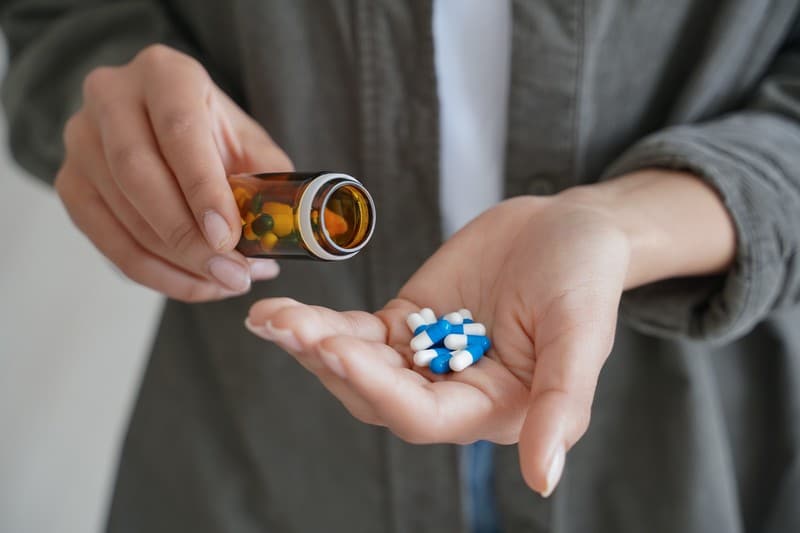Conjunctivitis, or pink eye, is a common and contagious infection of the conjunctiva. This thin layer lines the inner surface of your eyelid and covers the white part of your eye. Bacteria or a virus usually causes the infection, but allergies or irritants can also cause it. Pink eye is usually mild and resolves without treatment within a week or two. However, some forms of pink eye can be more serious and may require antibiotic treatment.
The most common cause of pink eye is infection with viruses that cause the common cold. Other viruses that can cause pink eye include adenoviruses, herpes simplex virus, and varicella-zoster virus. Staphylococcus aureus or streptococcus pneumoniae bacteria usually cause bacterial pink eye. Allergic pink eye can be caused by pollen, animal dander, cosmetics, contact lenses, or medications.
Symptoms of pink eye can vary depending on the cause. However, common symptoms include redness in the white part of your eye or inner eyelid, increased tear production, pain or burning in your eye, crusting of your eyelashes upon waking in the morning, and sensitivity to light.
Good hygiene practices are essential in preventing both viral and bacterial transmission. Here are simple and effective home remedies for pink eye.
Oral Antibiotics

A case of pink eye can be pretty uncomfortable. The eyes may feel itchy and irritated, and the appearance of the whites of the eyes can be quite unsettling. While pink eye is usually not a serious condition, seeking treatment as soon as possible is vital to avoid complications. In addition, doctors may prescribe oral antibiotics.
Antibiotics are drugs that either kill the bacteria or prevent them from reproducing. Bacterial pink eye is caused by bacteria that enter the eye through direct or indirect contact. Staphylococcus aureus is the most common type of bacteria that causes pink eye, also known as “staph.”
Oral antibiotics to treat pink eye are taken by mouth in the form of pills, capsules, or liquid suspensions. They work by entering the bloodstream and then traveling to the eyes, where they can fight the infection. Therefore, it is important to take oral antibiotics prescribed by a doctor to clear the infection. Patients should start to see improvement within a few days, but it is crucial to finish the entire course of antibiotics even if one is feeling better. Stopping treatment early can lead to partial clearing of the infection and an increased risk of relapse.










